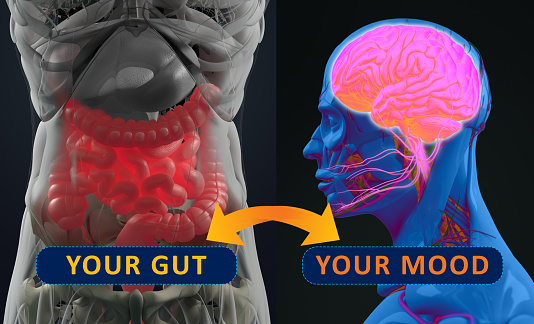How do the stress and guts affect each other ?

stress
How do the stress and guts affect each other?
There are unreasonable deadlines. They are being caught in traffic. We have an excessive amount to do and insufficient time to do it. Most people are acquainted with the stress that gets our coronary heart racing, our breath quickening, and our belly churning. Of course, simply having a digestive situation may be a supply of hysteria.
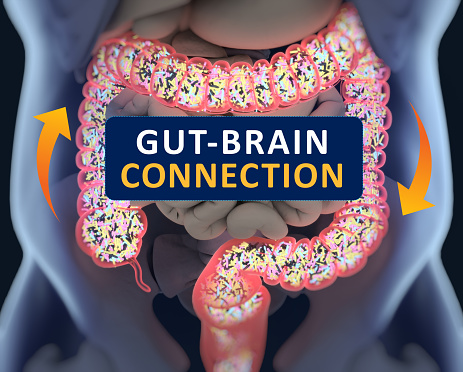
Studies show that a first-rate traumatic occasion long-because handed ought to affect your intestine. They are stressed out, which additionally causes lots of us to overeat and drink excessive alcohol, which affects our intestines.
What is the actual impact of strain on our intestine?
Many research displays that traumatic lifestyle occasions are related to the onset of signs and symptoms, or worsening of signs and symptoms, in numerous digestive conditions, together with inflammatory bowel ailment (IBD), irritable bowel syndrome (IBS), gastroesophageal reflux ailment (GERD), and peptic ulcer ailment.1
The intestine-mind connection
Pay interest for your intestine-mind connection – it can contribute to tension and digestion issues.
The intestine-mind connection may hyperlink tension to belly issues and vice versa. Have you ever had a” “intestine”w”each”g” experience” e” Do favorable conditions make you” “sense nau”e” s”? Have you” “ever felt” “butterflies”s” in your “lifey? We use those expressions for a reason. The gastrointestinal tract is touchy with emotion. Anger, tension, sadness, joy—all of those feelings (and others) can cause signs inside the intestine.

The mind has an immediate impact on the belly and intestines. For example, consumers can launch the belly’s juicbelly’ sier than the meals they receive there. This connection goes both ways. An afflicted gut can send indicators to the mind, as a tormented mind can send arrows to the intestine. Therefore, belly or intestinal misery may be the reason or the cause of tension, strain, or despair. That’s because the mind and the gastrointestinal (GI) device are intimately connected.
This is particularly true when someone studies gastrointestinal disenchantedness and does not use an apparent bodily reason for such purposeful GI issues; it is to try and heal a dressed intestine without thinking about the position of strain and emotion.
Gut fitness and tension
Given how intently the intestine and mind interact, it becomes less difficult to apprehend why you could sense nausea earlier than giving a presentation or sense intestinal ache throughout instances of strain. That does not mean purposeful gastrointestinal situations are imagined to be all for your head.
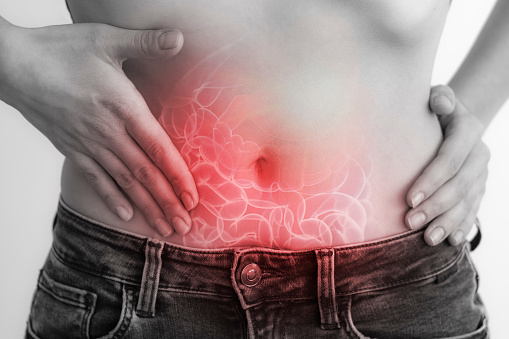
In addition, many people with purposeful GI issues understand aches more acutely than others because their brains are more aware of ache indicators from the GI tract. Stress could make the prevailing ache appear even worse.
Based on those observations, you could assume that a few sufferers’ situations would be enhanced with a remedy to lessen strain or deal with tension or despair. Multiple research has determined that psychologically primarily based techniques result in extra development in digestive signs compared to the best traditional scientific treatment.
Gut-mind connection, tension, and digestion
Are your belly or intestinal issues — which include heartburn, stomach cramps, or unfastened stools — associated with strain? Watch for those different, not unusual, signs of stress and discuss them with your doctor. Together, you may be provided with techniques that will help you address the stressors in your life and ease your digestive discomforts.
Inflammatory Bowel Disease
For inflammatory bowel like Crohn’s ailmCrohn’s ulcerative colitis, an observation concluded that persistent strain, unfavorable lifestyle occasions, and despair ought to increase the chance of relapse in sufferers.
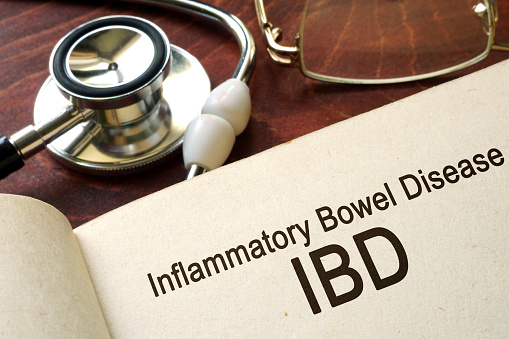
This observation diagnosed several mechanisms using strains influencing each systemic and gastrointestinal immune and inflammatory response. The word that translating those findings into healing interventions primarily based on account remains elusive, as scientific trials tracking the results of current strain discount strategies on IBD no longer have promising results.2
Irritable Bowel Syndrome
In a potential cohort observing nearly six hundred human beings whose gastroenteritis became due to the bacterium Campylobacter, researchers observed thapatients’’cpatients”s diagnosis earlier than the contamination turned into a pivotal component in whether or not they went directly to increased IBS. Those with better tiers of perceived stress, tension, and poor infection ideals at the time of contamination have an extra chance of increasing IBS. By contrast, despair and perfectionism no longer appear to grow the opportunity of IBS. 3
Gastroesophageal Reflux Disease
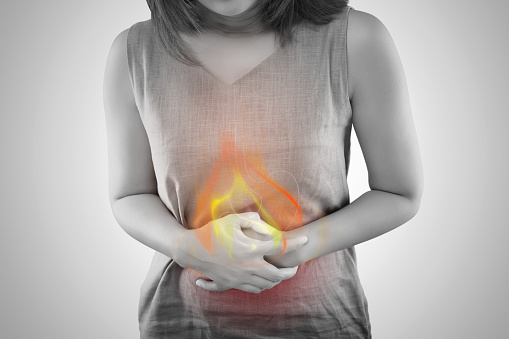
One observation at a scientific center of women’s heal women’s research found that there had been no accelerated frequency of acid reflux disease disorder while sufferers had been beneath neath acute strain. However, chronically nerve-racking sufferers have been much more likely to worsen their signs and symptoms at some stage in a traumatic occasion. Five, in their mindset, affected their notion of symptom severity.
Peptic Ulcer Disease
Most ulcers result from contamination with a microorganism known as Helicobacter pylori (H. pylori). Contrary to vintage ideals, neither ingesting highly spiced meals nor residing in a traumatic lifestyle purpose ulcers. H. pylori microorganism weakens the protective mucous coating of the esophagus, belly, or duodenum, letting in acid to get touchy lining beneath. The acid and the microorganism worsen the liner and cause a sore or ulcer. However, a few proofs indicate that ongoing strain ends in mucosal lining inflammation, thereby permitting gastric juices to annoy the touchy belly lining underneath.
All Digestive Conditions
Stress will increase intestine motility and fluid secretion. This is why you may get a bout of diarrhea or repeateaboutges to urinate at some stage in or following a traumatic occasion. Stress can postpone emptying belly contents and accelerate the passage of cloth via the intestines. Five This aggregate of hobbies ends in belly aches and adjusted bowel habits. Additionally, acute mental strain decreases an individual’sindividual’sold.6
How Do You Manage Stress?

The extremes are that a few humans can manage predominant upsets without batting an eye, while others become distressed at the slightest deviation from their routine. It is essential to remember that strain may be a great thing during small doses. It can create the frenzy you want, motivating you to do your work satisfactorily and live targeted and alert. Problems acquire best while a strain is constant.
The particular symptoms and signs of strain range from individual to individual; however, the potential to damage your health, emotional well-being, and relationships with others is real. Stress influences the mind, frame, and behavior in many ways, aside from the digestive tract, weight fluctuations, head and muscle aches, temper modifications, and adjusted intellectual function.
You have to find a way to address the strain on your lifestyle. Pre-making plans occasionally are probably profitable to Larsen’s uniLarsen’s level. With my expertise in managing anxiety, you may make lifestyle modifications to decrease your strain level, assist you in dealing with stress, and get over traumatic occasions more quickly.
Tips to Reduce Anxiety or Worry and De-Stress
Become a higher breather. Stress can cause shallow respiration, so you won’t have enough oxygen to loosen up completely. Learn to respire more slowly and deeply out of your abdomen. One manner of doing that is to assume that you have a small seaside ball in the back of your stomach button that you slowly inflate and deflate.
Watch your ‘self-tal’Much of ‘u’ tension is self-induced, which means we frequently get ourselves wound up in traumatic, approximately worst-case eventualities or blow minor incidents out of proportion.
Monitor your poor mind to look at how frequently you are concerned about things like dropping your job or making mistakes if you find yourself obsessing with a positive, practical notion. For example, rather than thinking” “I recognize that something will move incorrectly at some stage in my presentation y,” you “self” “No, cor out “u” ber what happens, I can manage i.”” et phys”c”l. Exercise is a famous anxiety reducer and may assist in relieving signs and symptoms. The paradox is that strenuous, high-effect sports might set off GERD signs and symptoms, so slowly grow your workout and verify your frame’s toleframe’so.
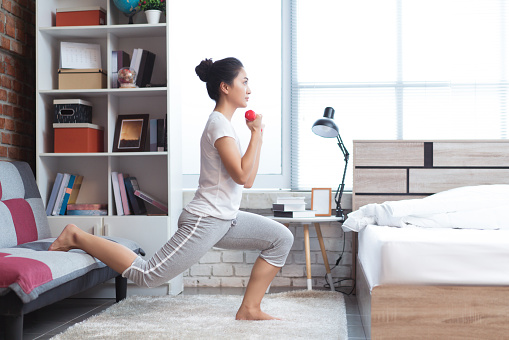
Become a higher-time manager. Many people underestimate time, swewe’re’werswewe’re’weregreserving a time control log for every week to get a higher concept of lots of time diverse obligations to take, after which you cover ways to prioritize them so that brings you to achieve. A good rule of thumb is to offer yourself 20% more time than you watch or want to do the task.
Learn to mention no. Thinking you ma’ ‘do it a’l’ ‘reates us’less pressure e. Learn a way to set limitations for yourself. Politely – but firmly – flip down extra duties or initiatives for which you don’t have don’t, don’t expert experience their, the ndthefinanciald love th’I’dill help yI’dt; howevyI’dtm booked you”” however””I’m do in maximum cases.
Take a day out for yourself. Our minds and bodies require a certain quantity of variety. Otherwise, our overcharged anxious structures will prevent rushing the following day properly.

Try to take at least one break day every week to do something you genuinely enjoy. This should include getting sufficient sleep, exercising your faith, having a leisurely bath, paying attention to music, gambling with a pet, having conversations with friends, or anything else that offers you pleasure.
Have a great stomach laugh. Laughter is a herbal strain reliever that decreases blood pressure, sluggish your coronary heart and respiration rate, and loosens your muscles. How do you tickle your humorous bone? Catch comedies, laugh with a friend, and take time to appear at the lighter aspects of lifestyles.
Choose ingredients carefully. Some elements can reduce your strain degree, while others can assist in lessening it. Generally, fatty, sugary, and processed ingredients appear to grow strain in maximum human beings, while lean meat, entire grains, sparkling results, and veggies seem to lower pressure. Choose ingredients accurately and further to decrease strain; your frame will love you for it!


